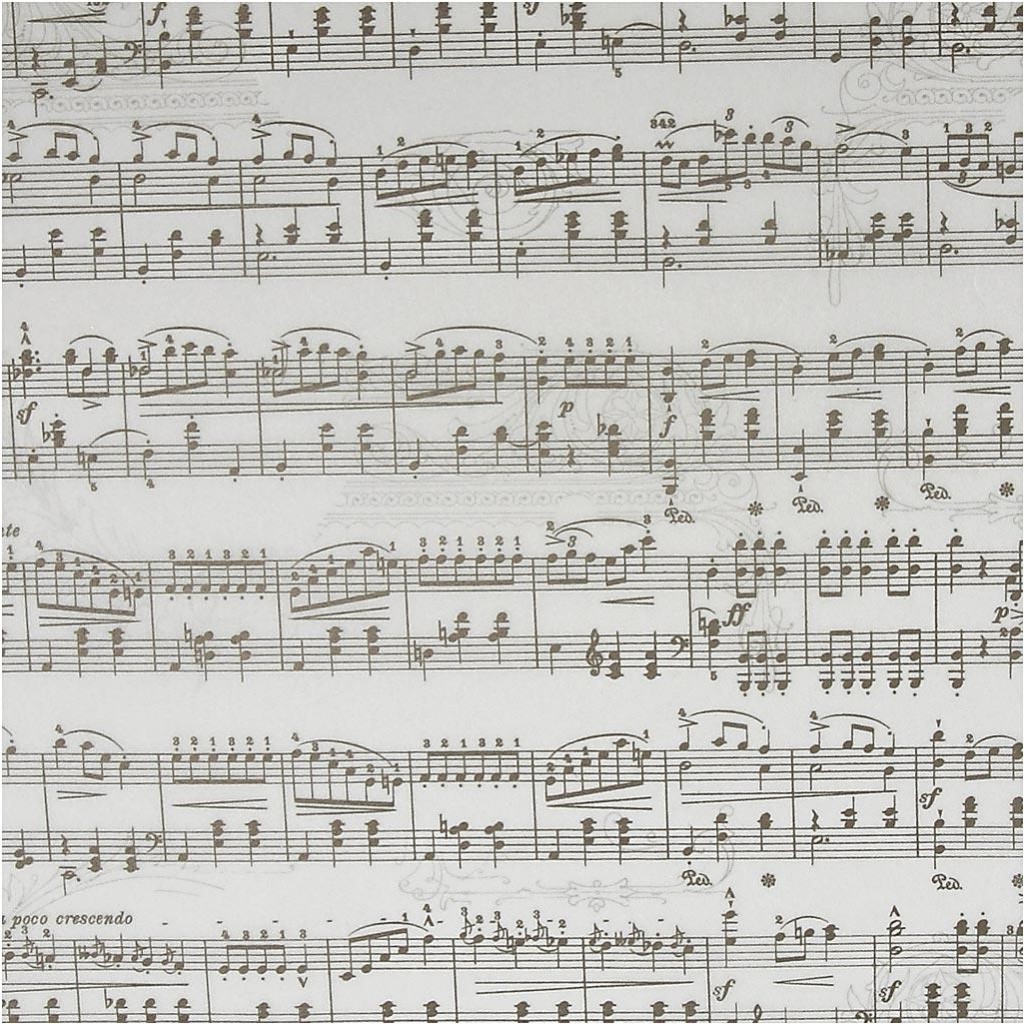Many of you have probably heard of the Five Love Languages. They were first explained in a book written by Gary Chapman back in 1995, and there are assessments online that you can take to see which is your strongest. Most people have one dominant and a close runner up and can look like you have two equal in preference.
The document we were given at Timberline outlines them this way:

- Words of Affirmation – One of your deepest needs is
the need to feel appreciated. Verbal compliments,
words of appreciation, encouragement, kind and
humble words are all ways to show love to you. - Quality Time – You enjoy doing things TOGETHER! We
aren’t talking about just sitting in front of the [fireplace]
together [or talking while texting] but really giving
each other undivided attention – looking at
each other, talking to each other, sharing
your life with your [spouse or friend]. - Receiving Gifts – You are happy to receive things from
your loved ones. They don’t have to be expensive.
The gift is a symbol of “she or he cares about
me” and “she or he thinks of me.” - Acts of Service – For you, actions speak louder than words!
You prefer your [spouse or friend] to do things for you such
as a cooking a meal, running errands, cleaning the
room…You like your [spouse or friend] to initiate
the acts of service and put effort into doing
them to show that she or he cares. - Physical Touch – You love to receive a hug, a kiss, a squeeze
on the shoulder, a pat on the back, a touch of the face,
and an arm around the waist…Touches can be 10
times as powerful and comforting as any words!
Unless we tune into what someone else’s love language is, we’ll most likely love them the way that means most to us. Without intentionality, our human nature, will lead us to love others as we want to be loved. It’s just how the mind works.
I’m split between Words of Affirmation and Quality Time – I used to think I was more quality time, but now I’m more about words. I think maybe it’s a combination: I like when someone encourages me, expresses appreciation for my thoughts and ideas, etc. AND I like to have their undivided attention, sitting together, focused on this relationship now.
Obviously not everyone has that combination, so it’s up to me to figure out what their love languages are and then speak that to them.






 I’ll admit it’s not an
I’ll admit it’s not an